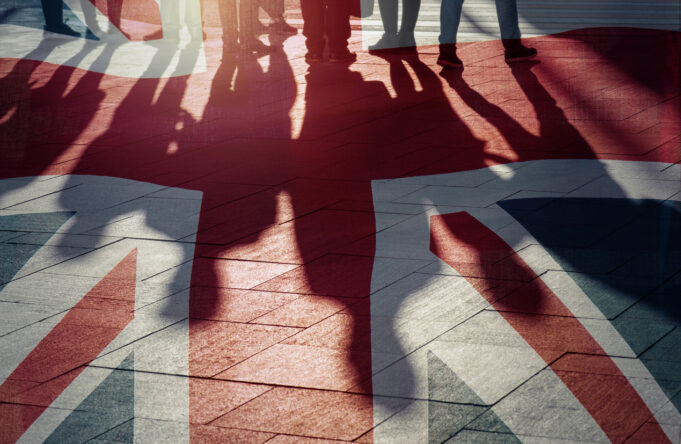There’s a growing heaviness in the air across the UK, and it’s not just about the weather.

From rising costs to a political system that feels broken, more and more people are quietly wondering if things will ever get better. That sounds dramatic, sure, but it’s also just honest. These are some of the most common biggest reasons, so many Brits feel stuck, exhausted, and unsure about the future. Who could blame us?
1. The cost of living feels impossible to keep up with.

It’s no longer just about tightening your belt—it’s about choosing between heating and eating. Wages haven’t kept up, energy prices have soared, and everything from rent to a pint of milk seems to have doubled overnight. People aren’t just struggling—they’re completely drained.
What makes it worse is the lack of relief. It doesn’t feel like there’s an end in sight. Even those who thought they were financially stable a few years ago are now budgeting like students and feeling the pressure pile on.
2. There’s a growing sense that politicians are completely out of touch.
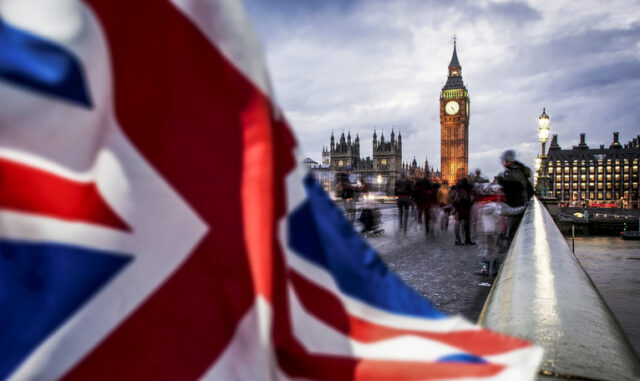
Across party lines, trust in leadership has nosedived. It’s not just about scandals anymore—it’s the overwhelming feeling that nobody in power actually understands what real life is like for the average person. Speeches sound polished but hollow.
There’s a widespread sense of being spoken down to, not spoken for. When people don’t see themselves reflected in the decisions being made, it’s hard not to feel abandoned by the very system that’s meant to protect them.
3. NHS waiting times are turning into never-ending horror stories.

People used to take pride in the NHS, and many still do, but that pride is now tinged with sadness and fear. Long waits for vital appointments, GP slots that vanish within seconds, and ambulance delays that put lives at risk have become the norm. It’s not the fault of NHS staff—they’re doing their best under brutal pressure. But when a system this essential starts to collapse, so does public morale. It’s scary, and it eats away at the sense of safety people used to feel.
4. Renting is extortionate, and buying is a pipe dream.
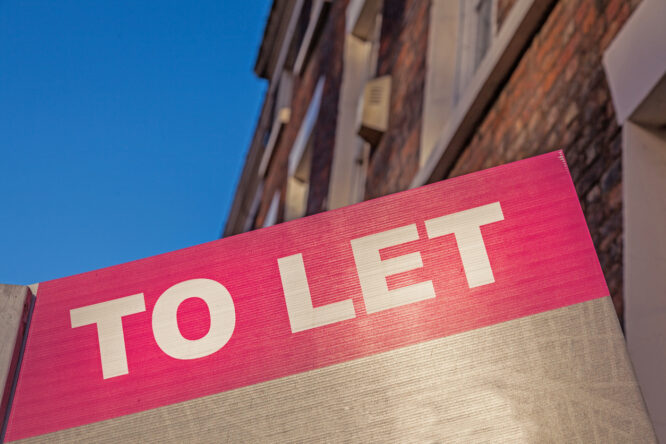
For many, owning a home in the UK now feels about as likely as winning the lottery. Sky-high deposits, bidding wars on shoebox flats, and mortgage rates that make your eyes water are turning younger generations into long-term renters without a choice. Renting isn’t exactly a breeze, either. Insecure contracts, poor conditions, and landlords who hold all the power make it feel like even your own home isn’t really yours. That lack of stability is depressing.
5. Every service you used to rely on has been cut back or scrapped.

Libraries, youth centres, bus routes, mental health support—things that used to feel like part of the social fabric have slowly disappeared. Even basic things like post office hours or bin collections feel patchy now. It’s not just inconvenient, it’s demoralising. When the everyday scaffolding of life starts to vanish, it sends the message that you’re on your own, and that’s not an easy message to live with.
6. There’s no real belief that change is actually coming.

Election cycles come and go, promises are made, and somehow… nothing really changes. People have stopped expecting big improvements and started hoping things just don’t get worse. That’s a sad baseline to sit at. It’s hard to feel hopeful when politics feels like theatre. Even if you vote, even if you speak up, the result feels pre-decided, and usually not in your favour.
7. Public transport is unreliable, expensive, and frustrating.

For a country that’s so reliant on trains and buses, getting from A to B often feels like a battle. Delays, cancellations, strike chaos, rising fares—it all adds up to a daily grind that wears you down over time. Driving isn’t much better, between fuel prices and endless potholes. The idea of being “well-connected” in the UK is now mostly a myth unless you live in a major city, and even then, it’s no guarantee.
8. Work doesn’t feel like it leads anywhere anymore.

In the past, there was a sense that hard work meant progress—some kind of ladder you could climb. Now, many people work themselves to the bone just to stay afloat, with no promotion, no pay rise, and no end in sight. Career satisfaction is being replaced by survival mode. That’s not laziness; it’s burnout, and it’s widespread. When people don’t feel like they’re working toward something better, it’s easy to lose hope.
9. There’s a sense that things are worse for the next generation.

Parents and grandparents are looking at their children’s futures with quiet anxiety. Whether it’s education, homeownership, job security or climate instability, the outlook doesn’t feel bright—it feels unfair. That worry weighs differently. It’s not just about your own stress—it’s the helplessness of watching the people you love walk into a world that seems less forgiving than the one you grew up in.
10. The media is overwhelming, negative, and full of division.
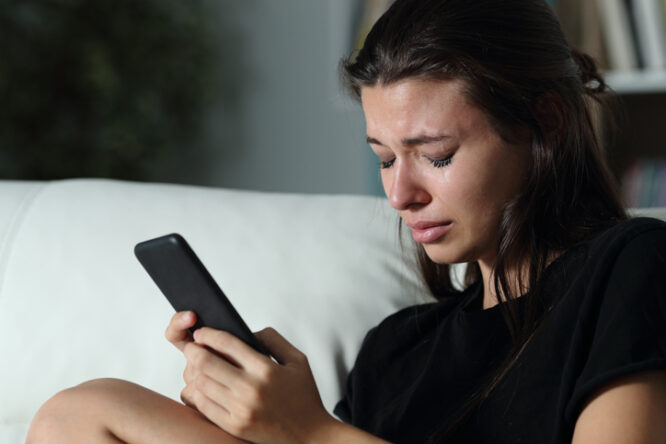
Every scroll, swipe, or headline seems designed to stir fear or anger. From culture wars to celebrity scandals, it’s hard to avoid the feeling that everything’s broken, and that people are turning on each other instead of pulling together. Even people who used to stay engaged are now switching off just to protect their mental health. That sense of information fatigue makes it hard to stay hopeful or even know what’s real anymore.
11. Climate anxiety is growing, but leadership on it feels hollow.
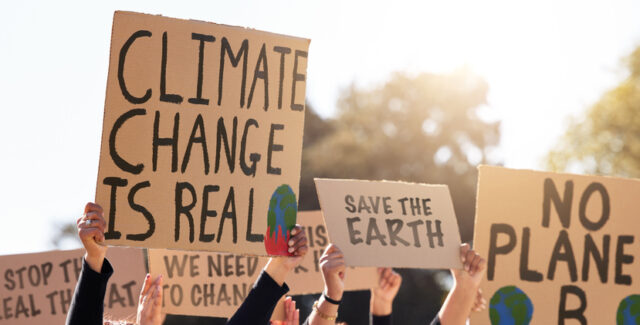
Most people care about the planet and want to do their part. But when you’re being told to recycle your yoghurt pots while major companies continue polluting at scale, it starts to feel like a rigged game. There’s a growing frustration with being told to “do your bit” when the bigger players show no signs of real change. That double standard eats away at motivation, and leaves people feeling powerless instead of inspired.
12. There’s a constant pressure to pretend everything’s fine.

British culture is famous for keeping calm and carrying on, but sometimes, that stiff upper lip does more harm than good. There’s very little space to say, “I’m not okay,” without feeling judged or dismissed. That emotional bottling means a lot of people are silently struggling, convinced they’re the only ones feeling it. The truth is, you’re not alone—it’s just that no one’s really saying it out loud.
13. The small joys are harder to find lately.

Things that used to bring comfort—like a quiet pub evening, a spontaneous day out, or even a proper Sunday roast—now come with price tags or planning headaches. Nothing feels quite as carefree anymore. It’s not about needing grand adventures—it’s about missing the simple moments that made life feel grounded and good. When even those feel out of reach, the world starts to feel greyer.
14. People are tired in a way that sleep can’t fix.
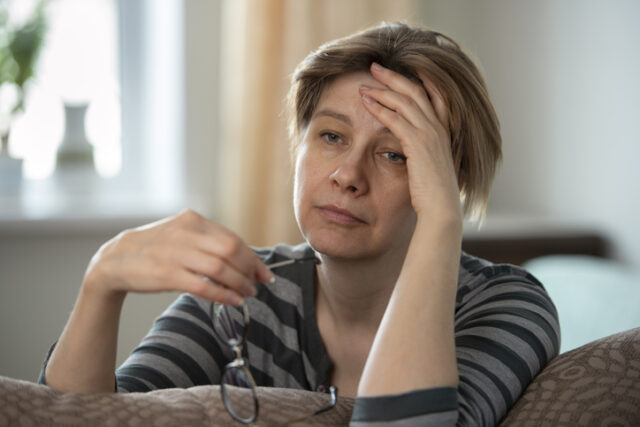
This isn’t just tiredness from work—it’s tiredness from the sheer emotional weight of keeping it all together. It’s a deep, worn-out feeling that doesn’t change with a weekend lie-in or a bubble bath. It’s the kind of tired that comes from carrying too much for too long. And when everyone around you feels it too, it starts to feel like just the way things are now—when really, it’s a signal that something has to change.



